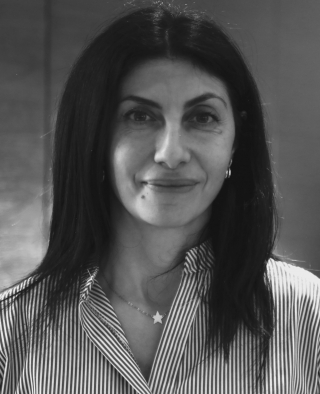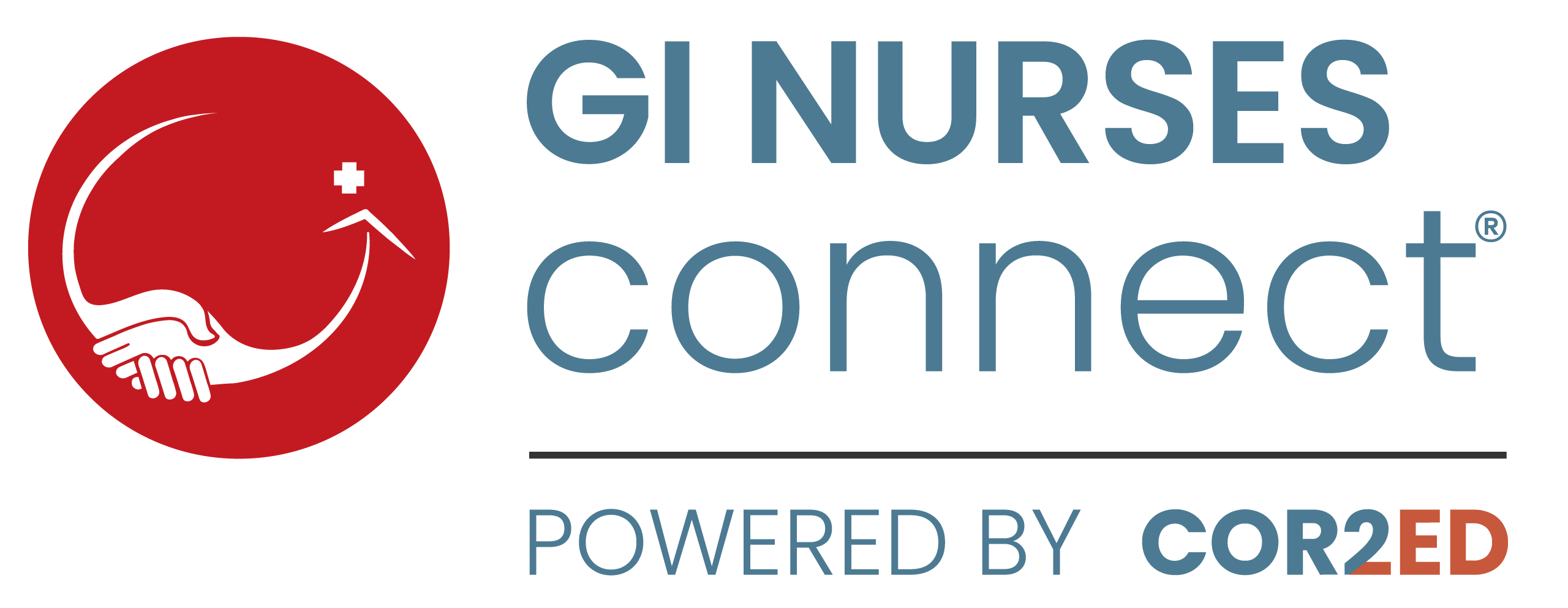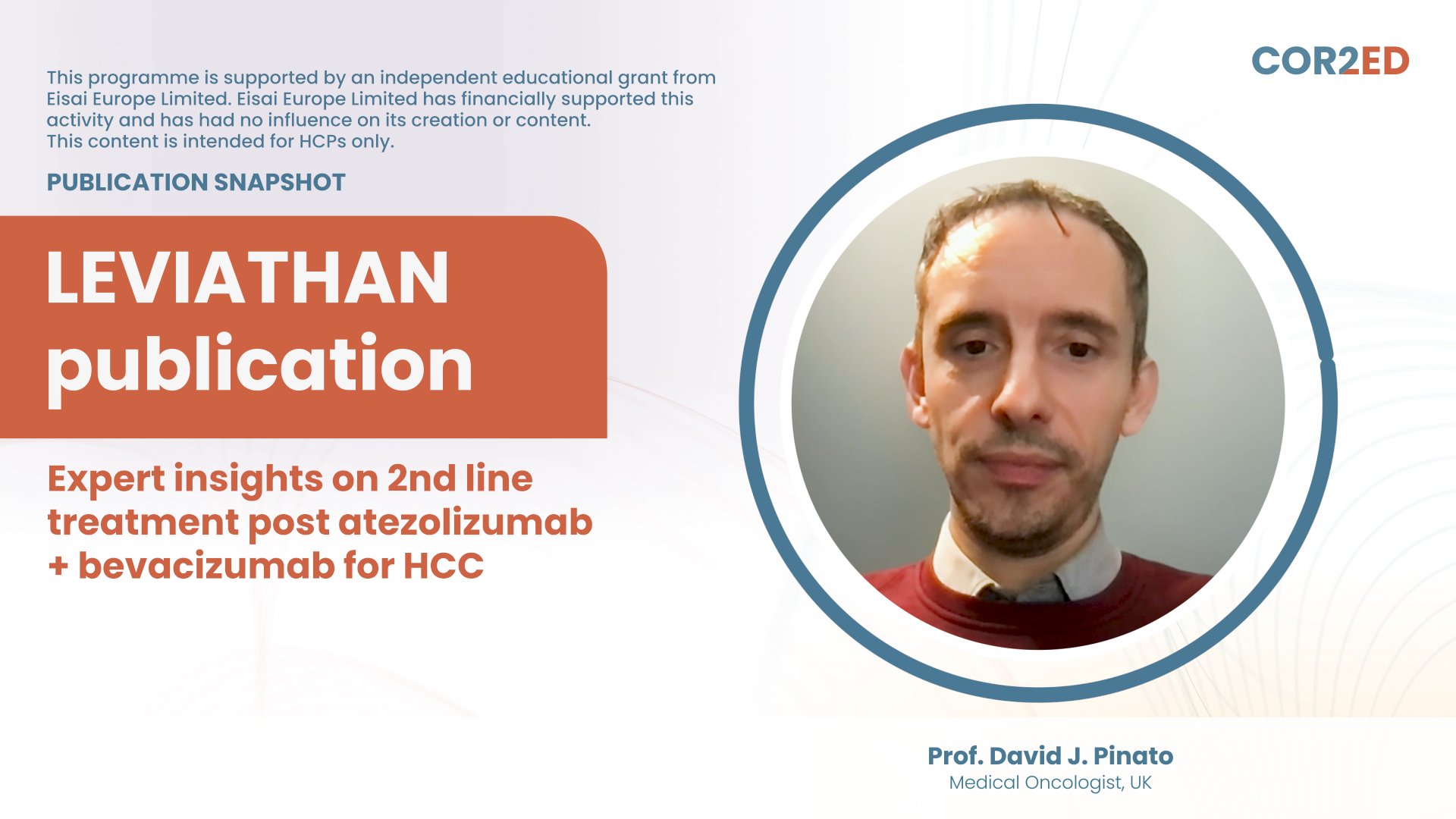GI NURSES CONNECT Update from EONS15 and ESMO 2022
I am Paola Belardi, a Nurse Co-ordinator in San Donato Hospital, Arezzo Oncology. I am here to provide you with an update from ESMO EONS 2022 on behalf of GI NURSES CONNECT.
The abstracts that I chose were about Nutriscore, which is a nutritional screening tool used in colorectal cancer patients, workplace violence against cancer nurses, Individual factors leading to delayed diagnosis in colorectal cancer patients and life experience of early onset colorectal cancer patients.
The first abstract is about Nutriscore. Nutriscore is a nutritional screening tool used in colorectal cancer patients. I selected this abstract because I think the systematic use of a screening tool can help nurses to manage to prevent malnutrition. As a matter of fact, in this study, ninety two persons were enrolled during their first oncology nursing visit, and Nutriscore was calculated. When the score was higher or equal than five, the person was referred to a clinical nutrition unit. And the importance of this action is that the nurse can detect a potential nutritional problem before starting the cancer treatment, so it can help the success of the treatment itself and the well-being of the patient.
The second abstract is about workplace violence against cancer nurses. It is well known that workplace violence can affect in a negative way, the healthcare organisations and nurses are the most exposed health care professionals. So this study detects, which are the main risk factors of this phenomenon. For example, use of substances, alcohol abuse, mental health disorders and emotional concerns. But also a violence can be increased by a higher number of patients. So this study tells us that it is really important to invest on prevention strategies with a great involvement of cancer nurses.
The other abstract is about Individual factors leading to delayed diagnosis in colorectal cancer patients. I selected it because nurses need to know more about this kind of delayed diagnosis in order to prevent it as much as possible, The purpose of this study is to notice the time elapsed between the onset of the first symptoms and the diagnosis itself. And it found out that the sixty percent of the patients waited more than one month, and half of them waited even more than three months with a great delay.
So the main motivation they assumed was they didn't know the specific signs and symptoms of colorectal cancer. So this study tells us that we need to invest on patient education in order to get an earlier diagnosis and more therapeutical chances.
The last abstract talks about a qualitative study about the life experience of early onset colorectal cancer patients. It is extremely interesting to know how they feel, and how they cope with this diagnosis. In fact, this study involved twenty one persons, and all of them reported negative feelings such as anxiety, body, image and fertility concerns. And so they also spoke about online forum and community social media as a way of comfort and support for themselves and their family. So this study highlights that there is a lack of specific care for this kind of patient, and that more holistic care is required, especially regarding mental health issues and fertility counselling.
I wish for the nursing community to continue the effort on colorectal cancer research for our improvement, for the quality of life of our patients. And I think GI NURSES CONNECT can really help us to do so.
I hope this little contribute was useful and enjoyable for you, and I thank you for your attention also on behalf of GI NURSES CONNECT.




 Downloadable
Downloadable  6 MIN
6 MIN
 Dec 2025
Dec 2025 








